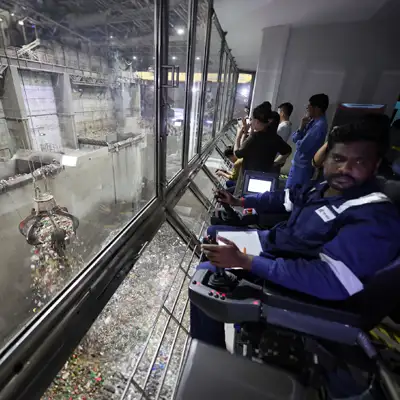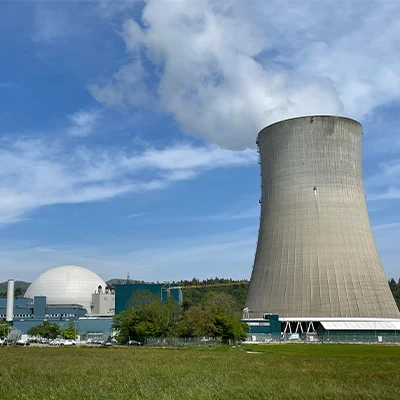The World Bank has asked Singapore to anchor an international effort that aims to make the international trade in carbon credits more transparent and trustworthy.
The Republic has accepted the invitation to work closely with the World Bank on the Climate Warehouse initiative, which aims to connect the various carbon credit registries in the world.
Carbon credit registries track offset projects - which are sources of carbon credits, such as a forest protection project - and issue credits for each unit of emission reduction or removal that is verified and certified.
However, transactions happening outside each registry, which are currently operated by various governments or non-state actors, including international organisations, non-profit groups or private firms, currently cannot be captured.
This could raise issues, such as the double issuance of the same credit in multiple registries.
Many of these systems also differ in governance rules and technology systems, ranging from basic spreadsheets to sophisticated registries, to store information on climate activities and assets, said a spokesman for the World Bank.
But this is something Climate Warehouse aims to resolve.
The effort is now in the third phase of testing, which will last until August this year.
The World Bank spokesman told The Straits Times in April: "Given that Singapore is interested to become a carbon trading hub, and that an information system like the Climate Warehouse can play an important role in providing backbone infrastructure for well-functioning carbon markets, we reached out to the Government of Singapore to seek its interest in operationalising the Climate Warehouse."
She added that Singapore is an ideal place to host the initiative, given its world-class market and trading infrastructure, good governance, and highly skilled work force.








